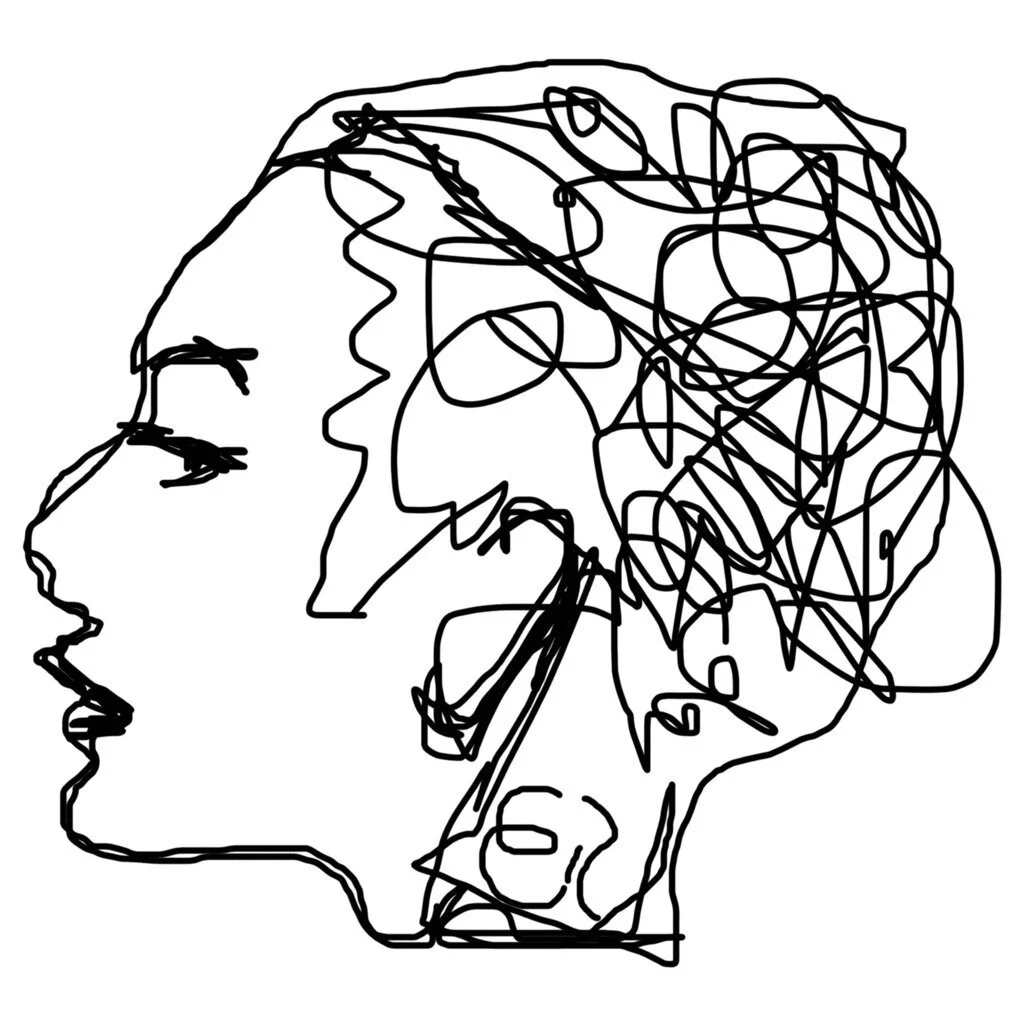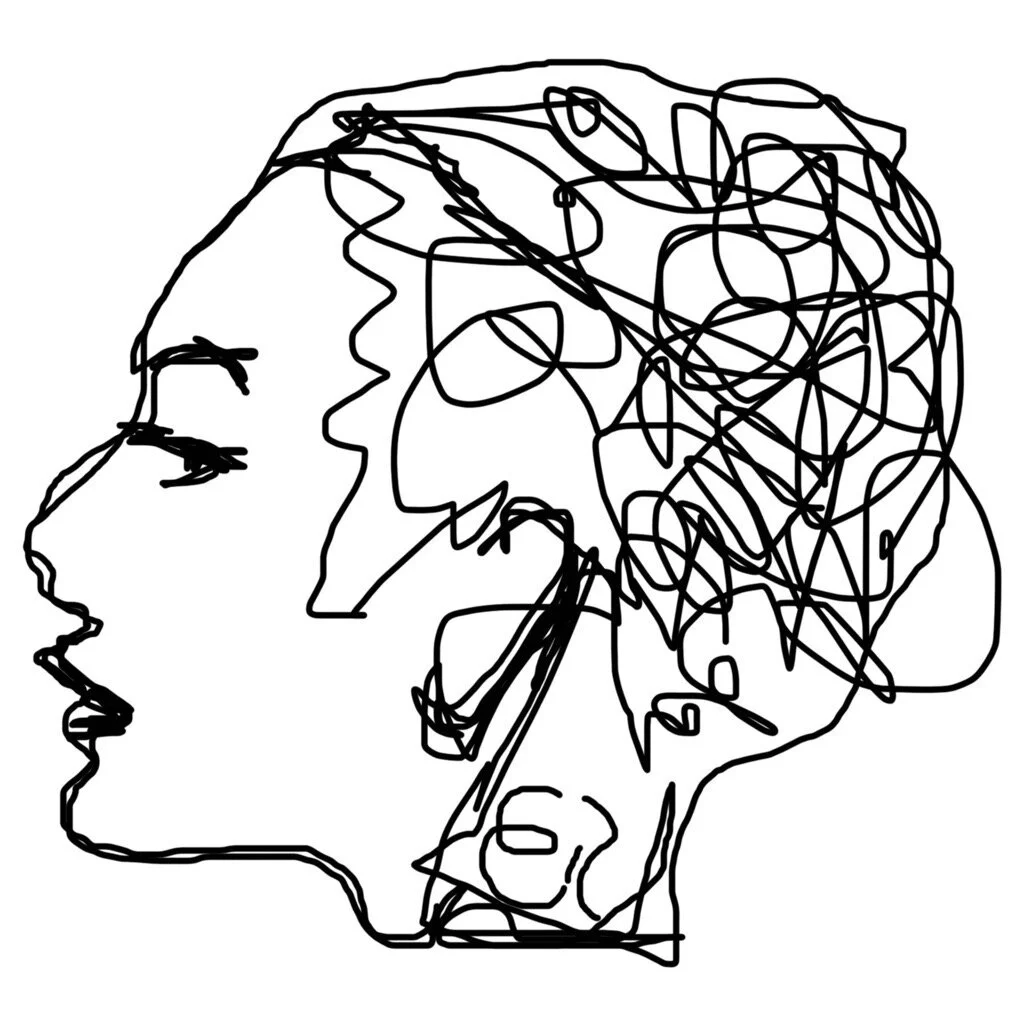
NEWS
IBD and Anxiety
When you are first diagnosed with Inflammatory Bowel Disease you learn quickly that the brain and gut function as one. They are deeply connected. Even if you don’t have IBD, you can look to feelings like butterflies in your stomach when you are nervous, excited, or in love. IBD has given me the superpower of identifying an instinctual trust of my gut. One thing you commonly hear when talking about how to manage your IBD is that you have to manage your stress levels. Since the brain and gut are so connected, the chances that a flare up will occur when you’re stressed are high. Truthfully, being able to manage your stress is a very privileged thing to be able to do and that’s a conversation that needs to be had. Outside forces and systems of oppression exist heavily in our world today. We are not functioning in a world that allows you to thrive and prioritize both your mental and physical health. For most people, there is always a tremendous amount of stressors that you cannot escape. Things like finances, unstable households, going to school, and working all cause a great deal of stress.
Today, I want to specifically talk about how managing stress levels and IBD feels increasingly impossible when you have clinical anxiety and/or PTSD, as these are so often linked with IBD.
I was diagnosed with IBD at a young age. My physical health was always prioritized over my mental health. This was more pronounced, I think, because mental health is not a thing that is necessarily often invested in for young children. As a child, it was very difficult for me to identify what I was feeling and what triggered these feelings. Specifically, with my anxiety, I did not know what a neutral state of mind meant. I didn’t know what my anxiety looked or felt like till around my sophomore year of college. After going on anxiety medication for a bit, I was able to understand what intrusive thoughts were and how they occupied my life.
The baseline for my anxiety is intrusive thoughts, but it can also manifest itself in different ways just based on the things I am doing in my life at the time. For example, my anxiety can manifest itself in ways such as crying in social settings, having an obsession with time (i.e. constantly looking at the clock or leaving hours early for events), and, when things are more extreme, staying in my room for days on end. For me, it is so important to specifically state how my anxiety manifests because for so long I did not know what it meant. I think it is important that we normalize talking about everything that anxiety can bring with it, not just generalizing or downplaying it. So often, I think anxiety is talked about in very loose terms and given very simple fixes for how to “handle it.” This, in return, can oftentimes belittle the situation.
When these more intense and intrusive moments occur, my IBD flares up. So, I often question how I am to manage my stress when I often cannot control my anxieties. In the past, I would become stressed when I experienced my anxieties because I did not know what was wrong. Now, they still stress me out, even though I know that it is anxiety.
For me, and I think many others, anxiety is something that I have to constantly cope with on the daily. If I am not ten steps ahead of it, it will simply swallow me whole.
IBD and anxiety can feel overwhelming and scary, but what has helped me is knowing that I am not alone. Having these two conditions together is not uncommon, and what feels very isolating and full of despair is not the case. Medication has helped me in the past and therapy is a forever process for me. I also keep a bullet journal of coping skills I have used in the past - identifying coping mechanisms that worked and ones that did not. This list gives me a place to turn to when I feel as though nothing could help and it's easily accessible. I have also found solace in being in a community of people who understand. Explaining anxiety or IBD to someone who has not gone through it can be very exhausting and this goes for many other varying identities as well! When I do find the energy, making art is another space for me to process my anxiety, whether that be through a conceptual piece or just painting a canvas with one color over and over again.
What are ways you cope with your anxiety?
Love Yourself and Love Others: How I Started Recognizing the Support Within and Around Me
Embrace every part of you. Your quirkiness, your sense of humor, your shyness, your health (and that sometimes, you CAN take a good picture).
You've probably heard the phrase "You can't love anyone else until you love yourself." It's said, with good intent, to almost everyone who is trying to find self-worth in another person's eyes. I am no expert on love, so I can't say this is always true. However, I do know that dealing with chronic disease, especially throughout your teen years, can wreck your self-esteem and ability to love yourself. *Ahem* speaking from experience.
I want to share how I learned to accept the terms of my new life, let go of internalized negativity, and love myself as I am. It took me years to recover emotionally from all the changes I faced because I never fully accepted that I had a #ChronicDisease.
I started to take strides in college when I began thinking mindfully about my experiences, emotions, and actions in every situation I faced. Introspection was my first step towards acceptance and being #mindful was my strategy.
I used mindful meditation to reflect on everything in my past and present. I became aware of my thoughts, emotions, surroundings, and accepted them without judgement. It helped relieve my stress as a busy student and appreciate everything around me while living moment to moment. Before mindfulness, I would often dwell on my flaws and insecurities, to the point that I had lost sight of my worth. Now, whenever my mind wanders or spirals, I accept my thoughts, bring light to them, and move on. The simple act of being mindful restored my self-confidence and helped me find my identity outside of my chronic health issues.
A little surprise from my sweet, forever valentine.
As I sit, writing in my old bedroom from high school, I'm starting to reflect on all the love I had even at my lowest. I now recognize the love I lacked for myself and the support that surrounded me from family and friends. My closest friends and family understood me and how the disease affected me. Because of them, I was able to overcome many trying events.
This month, my #mantra has been to love yourself and love others. I've learned that you're never really alone, even when you think you are. There is always someone thinking about you, worrying about you, or just wondering how you are. You will be surprised by the influence you can have on others. As a cute example, take a look at what my little brother made for Valentine's Day!
Remember to appreciate your own strength and the people who continue to support you.
If you want to learn more about the influence of mindful practice, check out this article on the stages of grief in chronic disease.
With love,
Erin




